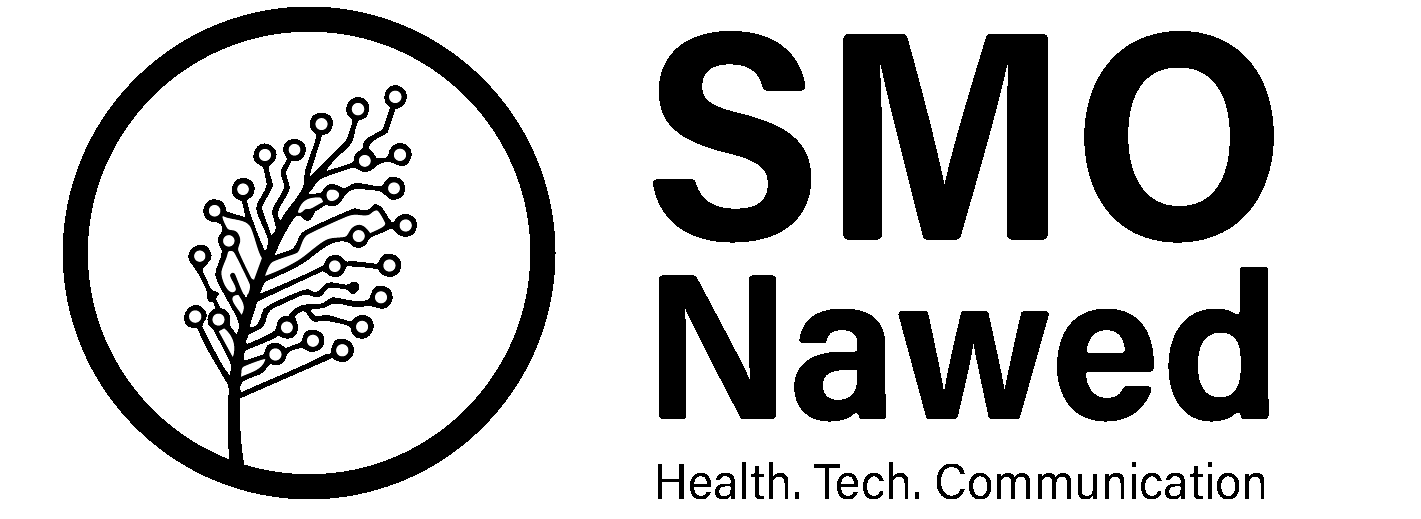Bangladesh’s medical research budget is a tiny US$1.82 million — about $0.01 per person per year. Meanwhile, neighbouring India spends over $283 million; Sri Lanka about $0.86 million (or ~$0.04 per person). Health experts say this capacity constraint means many research proposals go unfunded, and data remains fragmented or inaccessible. What if Bangladesh had a central data archive + free patient-data storage + an ERP system offered free for 10 years? It could unlock years of wasted potential and transform medical research and patient care. The Daily Star
The Data & Research Crisis: What the Latest Figures Reveal
At a recent meeting held by the Bangladesh Medical Research Council (BMRC), experts laid bare the stark imbalance in research investment. Bangladesh’s per capita research budget lags far behind peers. The Daily Star Research proposals mount, but funding, infrastructure, and access remain inadequate. The National Cellular and Molecular Research Center project has been delayed repeatedly due to resource issues. Key challenge: local research is often cut, or researchers are forced to rely on foreign studies that may not apply to Bangladesh’s specific disease burdens, demographics, or public health environments. The Daily Star
Why a Centralized Research Data System & Patient Data Storage Matters
- Ensuring Data is Accessible & Usable: Without centralized archives, much patient-level, hospital-level, research-level data remains siloed. Researchers struggle to access standardized datasets, or even know what data exists.
- Reducing Duplication & Wastage: With a central archive, redundant research repeats can be minimized, resources can be allocated more efficiently, and past findings better leveraged for new insights.
- Improving Local Relevance: Many health strategies rely on foreign data. But local epidemiology, genetics, social determinants of health differ. Patient-level data stored locally helps shape policies, treatment protocols, and public health programs tailored to Bangladesh.
- Supporting Evidence-Based Policy & Public Trust: When data is visible, reproducible, and scientifically grounded, health policy becomes more robust. Patients trust that treatments, recommendations, and guidelines stem from real evidence.
- Mental & Operational Efficiency for Doctors: Doctors and researchers lose hours hunting for data, assembling case histories, or trying to store patient records manually. A reliable ERP + storage system reduces bureaucratic burden, freeing up time for care & research.
Free ERP + Long-Term Patient Data Storage Could Be a Game-Changer
Imagine an ERP solution (for hospitals/research institutes) provided free for 10 years by the Government, combined with patient data storage that is secure, standardized, and accessible. That could activate dormant research, enable ongoing longitudinal studies, foster collaboration, and retain institutional memory. It could turn the $1.82 million budget from a limitation into leverage.
What It Would Take To Build This System
- Governance & Policy Framework: Legislation / regulation to ensure patient privacy, data security, ownership, ethical use. Clear policies for data sharing, IRB oversight.
- Technical Infrastructure: Cloud-based storage, standardized data formats (e.g. HL7, FHIR), data de-identification, interoperability among hospitals, universities, labs.
- Free ERP Offerings / Subsidies: Government-subsidized or donor-funded ERP platforms for hospitals/research bodies for 10 years to ensure adoption without cost barrier.
- Capacity Building: Training data managers, IT staff, researchers in data science, epidemiology, biostatistics; building local capacity to handle and analyze data.
- Pilot & Scaling: Start with a few major public hospitals/universities in Dhaka, Sylhet, Chattogram; demonstrate impact; scale to district level.
- Budget Reallocation & Funding: Significant increase in BMRC & public research budget; allocate funds specifically for data archive infrastructure, ERP maintenance, staffing.
Final Call
Bangladesh’s low research budget — $0.01 per capita — isn’t just a number. It’s the reflection of lost lives, missed insights, and stalled progress. A central archive + free patient data storage system + free ERP access can unlock the country’s ability to produce relevant, powerful research. If hospitals, universities, and the government act together now, Bangladesh can transform its health research landscape.
👉 If you are a policymaker, academic leader, hospital administrator, or funder, consider consulting with a health-data systems strategist. Let’s map out a plan for centralized data infrastructure, free ERP support, and patient-data stewardship that will serve Bangladesh for the next decade.
FAQ
Q1: What is the current state of medical research funding in Bangladesh?
The BMRC annual budget is about US$1.82 million (~$0.01 per person), significantly lower than India’s ~$283 million or Sri Lanka’s $0.86 million. The Daily Star
Q2: Why is patient data storage & archive needed?
To centralize fragmented records, enable longitudinal and local research, avoid duplication, reduce time wasted retrieving data, and improve policy and treatment relevance.
Q3: What is a free ERP solution and why free for 10 years?
ERP (Enterprise Resource Planning) here refers to hospital/research institute management systems covering patient record management, research tracking, administrative workflows. Free deployment removes cost barriers so smaller institutions can participate and maintain consistency.
Q4: How can data privacy and ethics be ensured?
Through laws/regulations around confidentiality, de-identification/anonymization, Institutional Review Boards (IRBs), secure storage, consent management, and clear protocols for data sharing.

